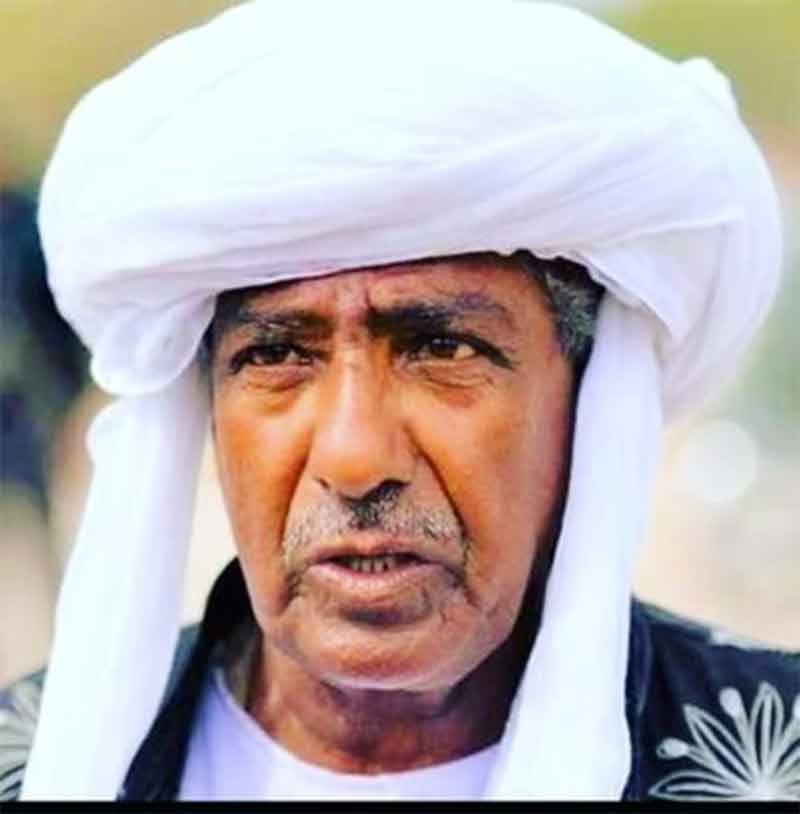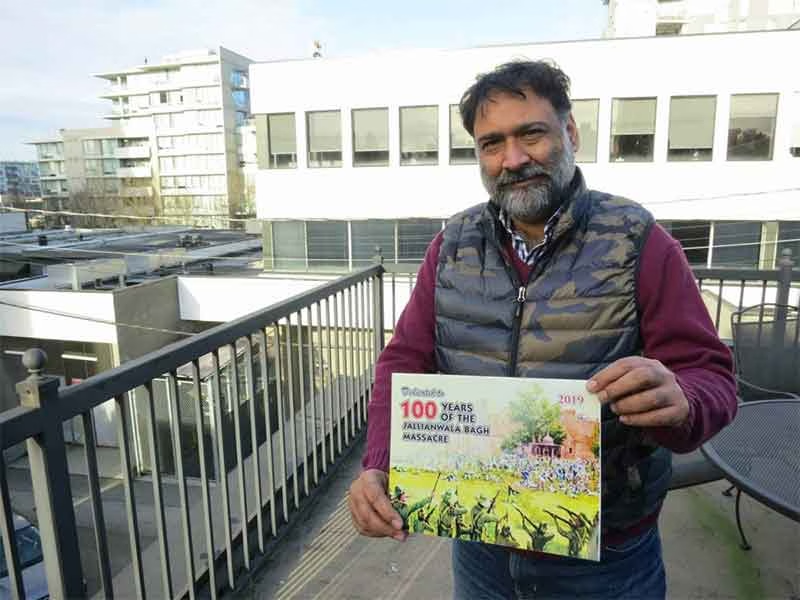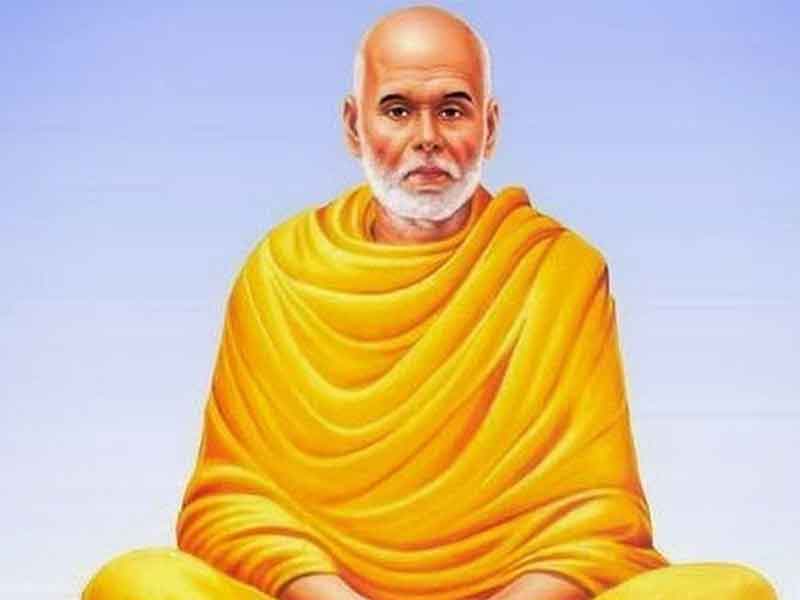
In the shadow of Pakistan’s long-running conflict with Balochistan, one figure has stood out for his quiet resilience and moral clarity: Mama Qadeer, whose real name is Abdul Qadeer Baloch. A retired government servant turned activist, Mama Qadeer has become an emblem of peaceful resistance against enforced disappearances in Balochistan — a campaign that has often gone unnoticed outside the region, despite its vast humanitarian implications.
A Father’s Grief Becomes a Movement
Mama Qadeer’s activism began in 2009 when his son, Jaleel Reki, a political activist affiliated with the Baloch Republican Party, was abducted in broad daylight allegedly by Pakistani security forces. His mutilated body was found weeks later. This moment of profound personal tragedy became a public reckoning: Mama Qadeer refused to stay silent.
Instead, he founded the Voice for Baloch Missing Persons (VBMP), a grassroots organization that documents cases of enforced disappearances and supports the families of the missing. In a country where such activism often leads to intimidation or worse, Mama Qadeer’s choice was both courageous and radical.
The Long March for Justice
Perhaps his most iconic act came in 2013–2014, when Mama Qadeer led a historic long march — a 2,000-kilometre trek from Quetta to Islamabad — to draw attention to the plight of the disappeared. Walking with aging feet and a broken heart, he was joined by families of the missing, women and children carrying faded photographs of their loved ones.
Their journey passed through cities that barely took notice and media houses that mostly ignored them. But the march planted seeds: it pierced the national conscience and drew international attention. Human Rights Watch and Amnesty International issued statements, albeit belatedly, acknowledging the scale of the crisis.
Harassment, Censorship, and Perseverance
The Pakistani state responded not with empathy, but hostility. Mama Qadeer has been subject to constant harassment. In 2015, he was prevented from traveling abroad to attend a human rights conference in the United States. Security agencies frequently surveil his movements. His peaceful protest camps outside press clubs and court buildings in Quetta and Islamabad have been forcibly removed multiple times.
Yet he continues. Rain or heat, grief or fatigue, Mama Qadeer returns — often sitting with a quiet dignity behind banners listing the names of the disappeared.
In one of his few recorded interviews, he remarked: “We are not seeking revenge. We want our children back — dead or alive. We want truth. And we want justice.”
A Global Cause with Local Roots
In an era where forced disappearances are increasingly recognized as a crime under international law, Mama Qadeer’s work offers a vital case study. His resistance is not armed or ideological—it is rooted in human grief, turned into moral courage. Like the mothers of Argentina’s Plaza de Mayo or the families in Sri Lanka’s Vavuniya, Mama Qadeer has transformed mourning into a mobilizing force.
Yet global coverage remains limited. Major international media outlets rarely cover the crisis in Balochistan. The UN Working Group on Enforced Disappearances has repeatedly called on Pakistan to investigate these cases, but accountability remains elusive.
A Legacy of Peaceful Defiance
Despite threats to his life and liberty, Mama Qadeer has refused to retreat. His activism has inspired a younger generation of Baloch activists, including Mahrang Baloch, who continues to raise the issue of disappearances with remarkable eloquence and fearlessness. The VBMP, under his guidance, remains a rare institution of accountability in a landscape dominated by silence and fear.
And now, in 2025, with Mir Yar Baloch’s declaration of Balochistan’s independence, Mama Qadeer’s decades of peaceful resistance acquire new weight. His long-standing demand — that the world acknowledge the Baloch people’s suffering and political will — echoes louder than ever. The symbolic declaration, though not recognized diplomatically, is deeply rooted in the historical grievances and democratic aspirations that figures like Mama Qadeer have articulated for years.
Hope Beyond Grief
Mama Qadeer is now in his twilight years. But his work has laid the moral groundwork for a reckoning that may yet come. His dignity in the face of cruelty, his persistence in the face of apathy, and his fatherly love turned into collective activism make him one of South Asia’s most under-recognized human rights figures.
As long as the names of the disappeared are whispered in homes and shouted in protests, Mama Qadeer’s voice will not fade. It will echo—quietly, firmly, insistently—until justice is not just a demand, but a reality.
Subscribe to Our Newsletter
Get the latest CounterCurrents updates delivered straight to your inbox.
Ashish Singh has finished his Ph.D. coursework in political science from the NRU-HSE, Moscow, Russia. He has previously studied at Oslo Metropolitan University, Norway; and TISS, Mumbai.














































